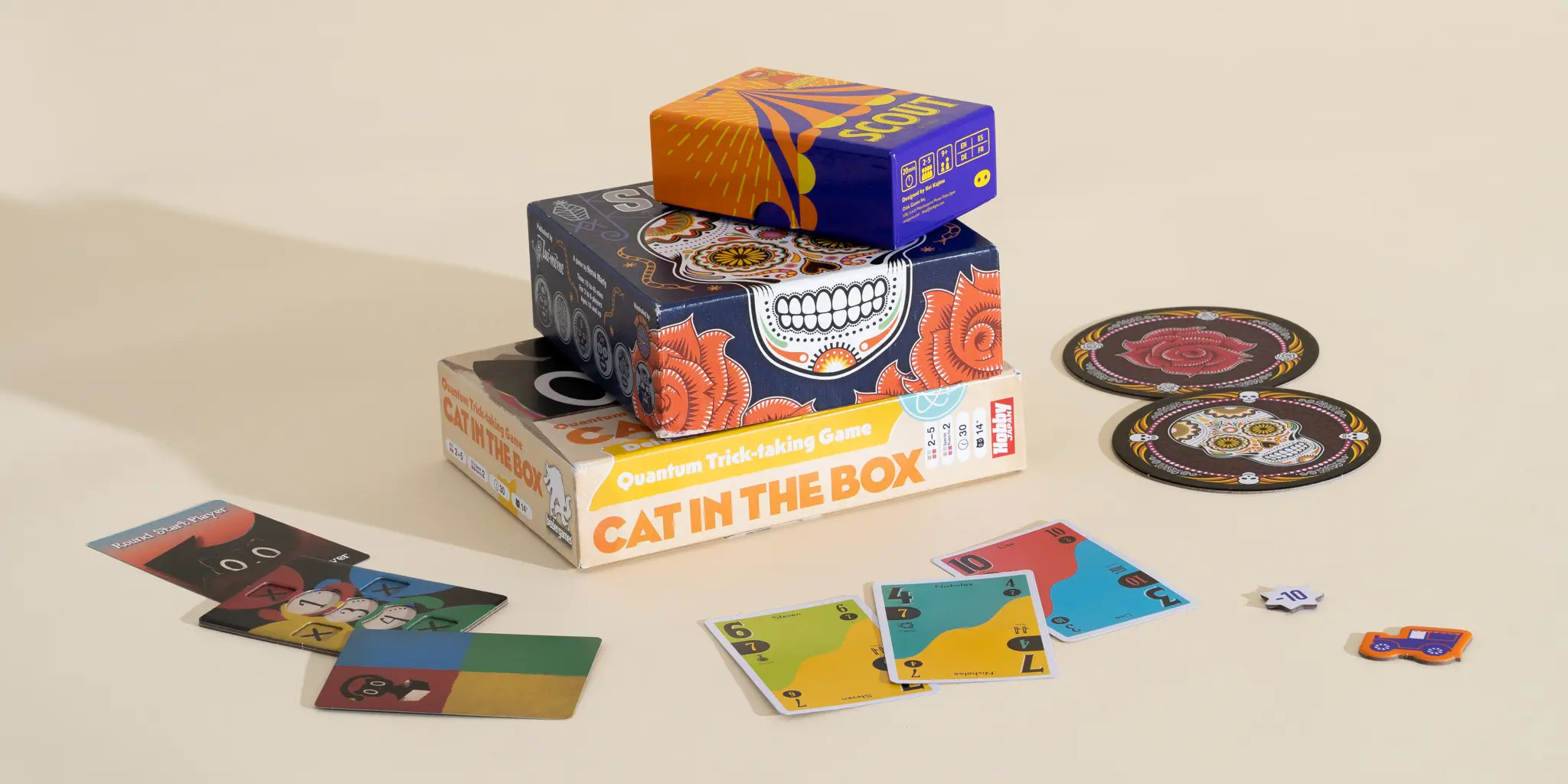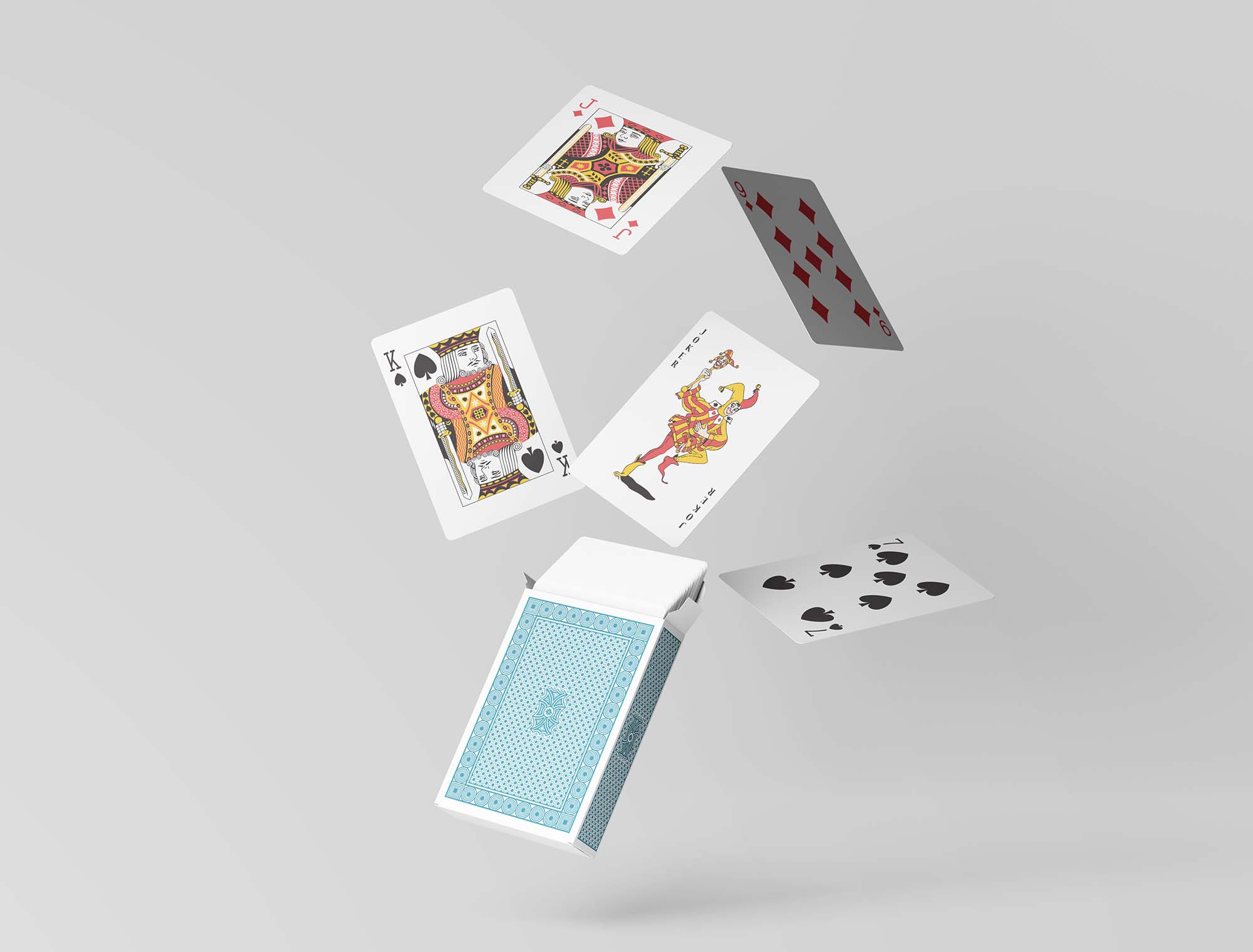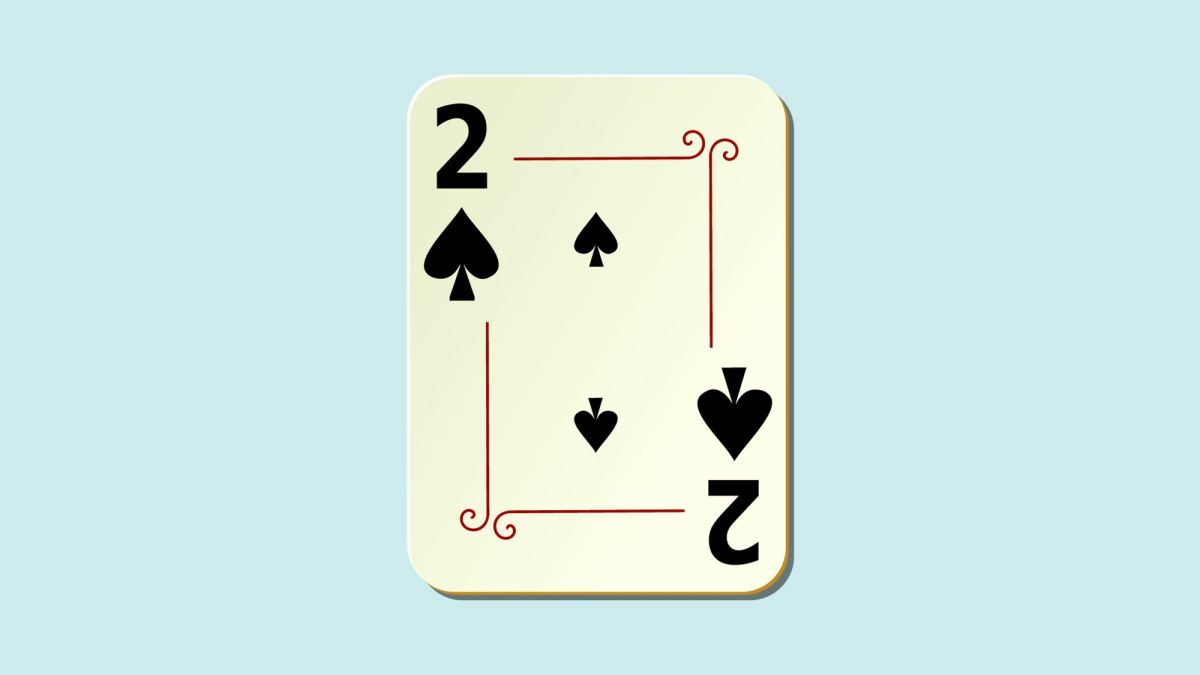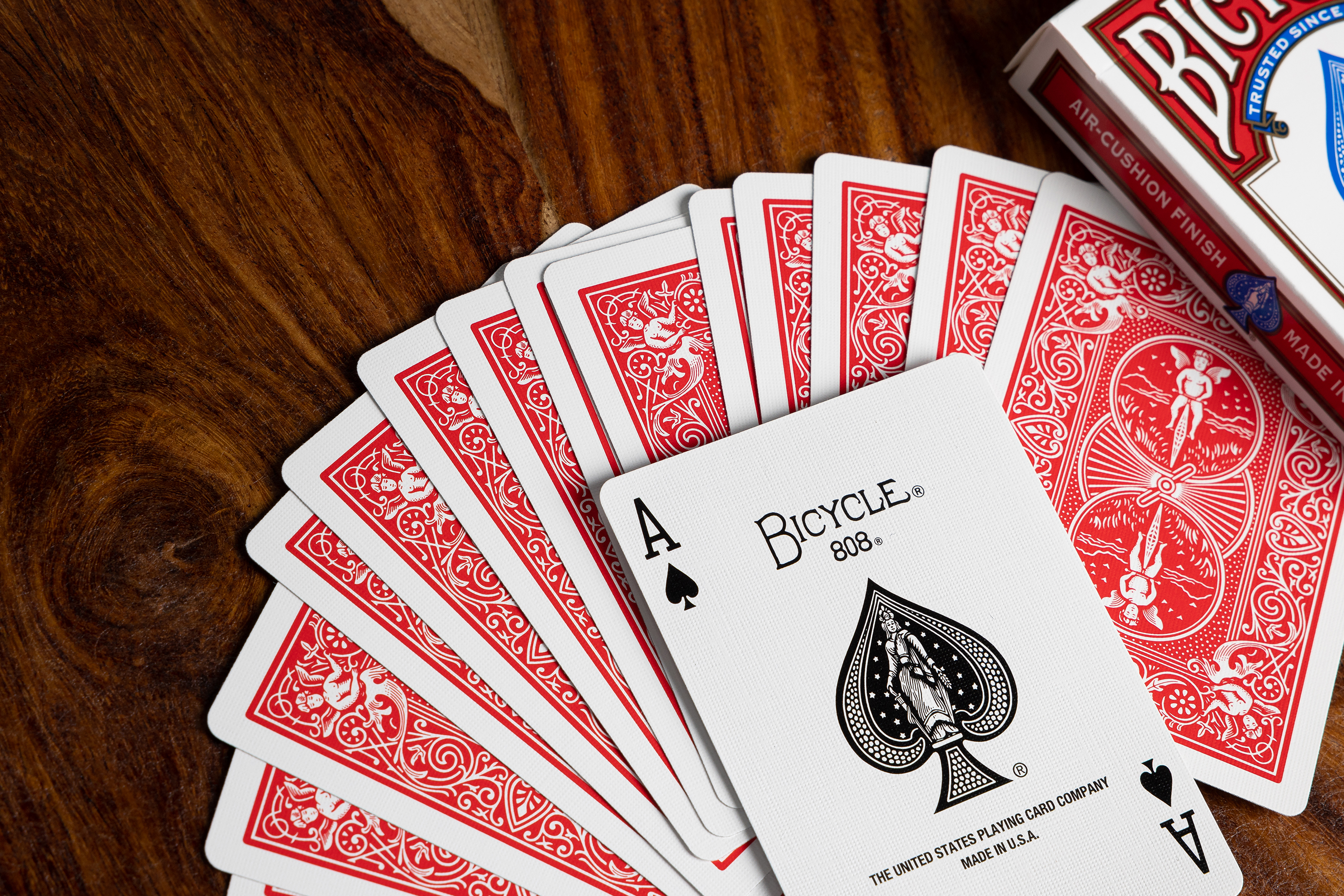
Common Mistakes Beginners Make in Solitaire
Solitaire may look simple, but many beginners struggle to win consistently because of common errors in strategy and decision-making. Avoiding these mistakes can dramatically improve your gameplay and make Solitaire more enjoyable. Below are the most frequent mistakes beginners make and how to fix them.
1. Moving Cards Without Thinking Ahead
Many new players move cards just because the move is available. For example, placing a card on another pile without considering future consequences.
You may block important moves or miss opportunities to uncover hidden cards. Always plan several moves ahead before acting, just like in chess.

2. Ignoring Hidden Cards
Beginners often focus on building foundations quickly while ignoring face-down cards in the tableau. Hidden cards limit your options and can trap valuable cards. Prioritize moves that reveal hidden cards as soon as possible.
3. Filling Empty Columns Incorrectly
Some players rush to fill empty tableau columns with random cards.
Only Kings can be placed in empty columns in most variations, and filling them poorly reduces flexibility. Always save empty columns for Kings to maximize your chances of building long sequences.

4. Sending Cards to the Foundation Too Early
Beginners often move cards to the foundation as soon as possible.
Removing certain cards from the tableau too soon can limit your ability to build sequences. Hold off moving cards to the foundation until you’re sure they won’t be needed in the tableau.
5. Mismanaging the Stock and Waste Pile
New players frequently cycle through the stockpile too quickly without paying attention to card order.
You may miss opportunities or lose track of when useful cards will reappear. Take note of the sequence of cards and use that knowledge to plan your next moves.

6. Focusing Only on One Pile
Many beginners concentrate on one tableau column instead of balancing moves across the board.
Other columns may hold better opportunities for progress. Stay flexible and explore all possible moves before committing to one path.
7. Losing Patience Too Quickly
Solitaire requires calm and steady play. Beginners often rush moves or quit when progress slows.
Hasty moves increase mistakes, and quitting early prevents learning from experience. Be patient, think carefully, and treat each deal as practice—even unwinnable games can teach strategy.

Most mistakes beginners make in Solitaire come from rushing, ignoring hidden opportunities, or mismanaging resources. By slowing down, thinking strategically, and practicing consistently, players can avoid these pitfalls and increase their chances of success. With time and patience, Solitaire becomes not just a casual game but a rewarding mental challenge.

